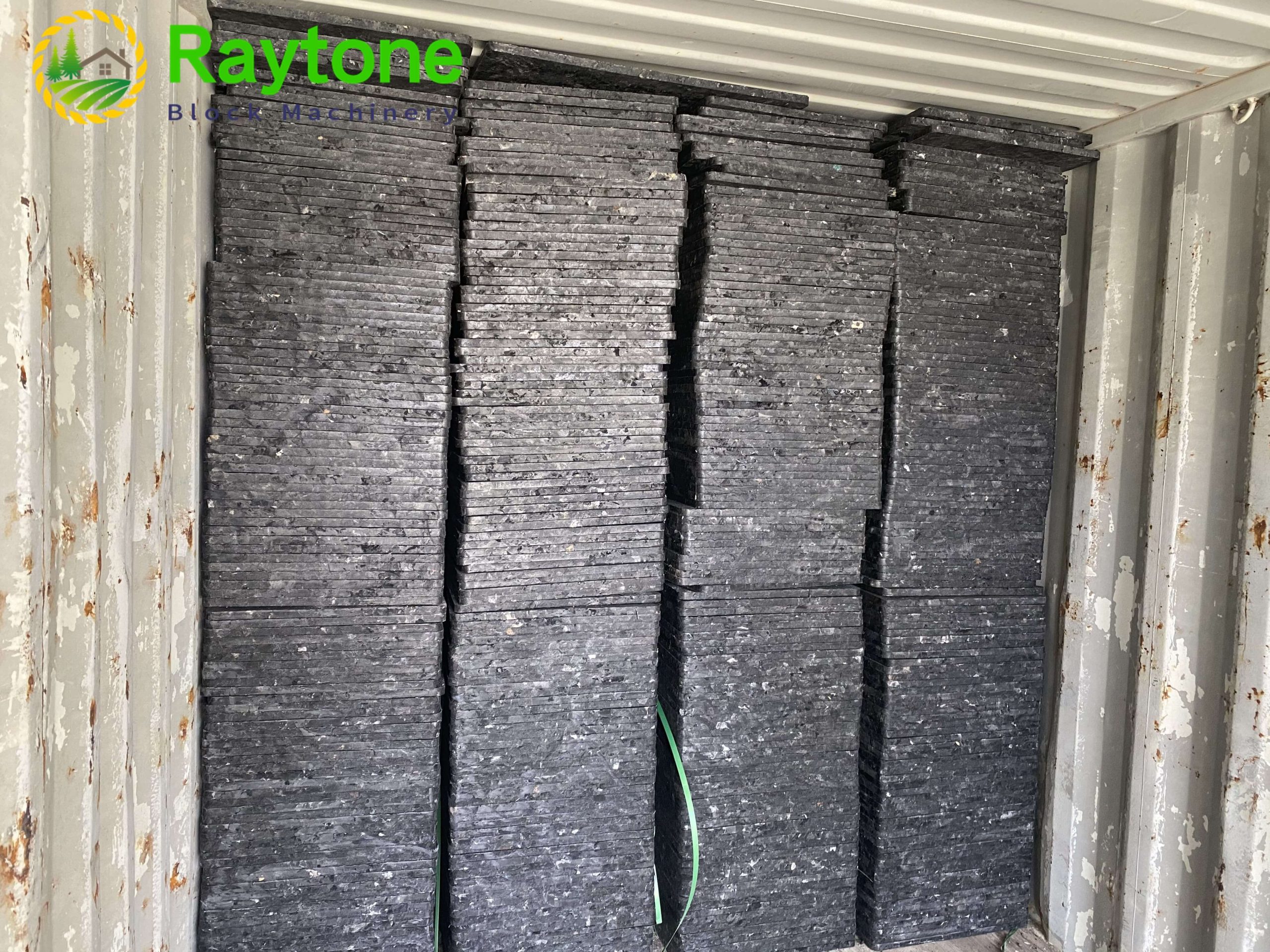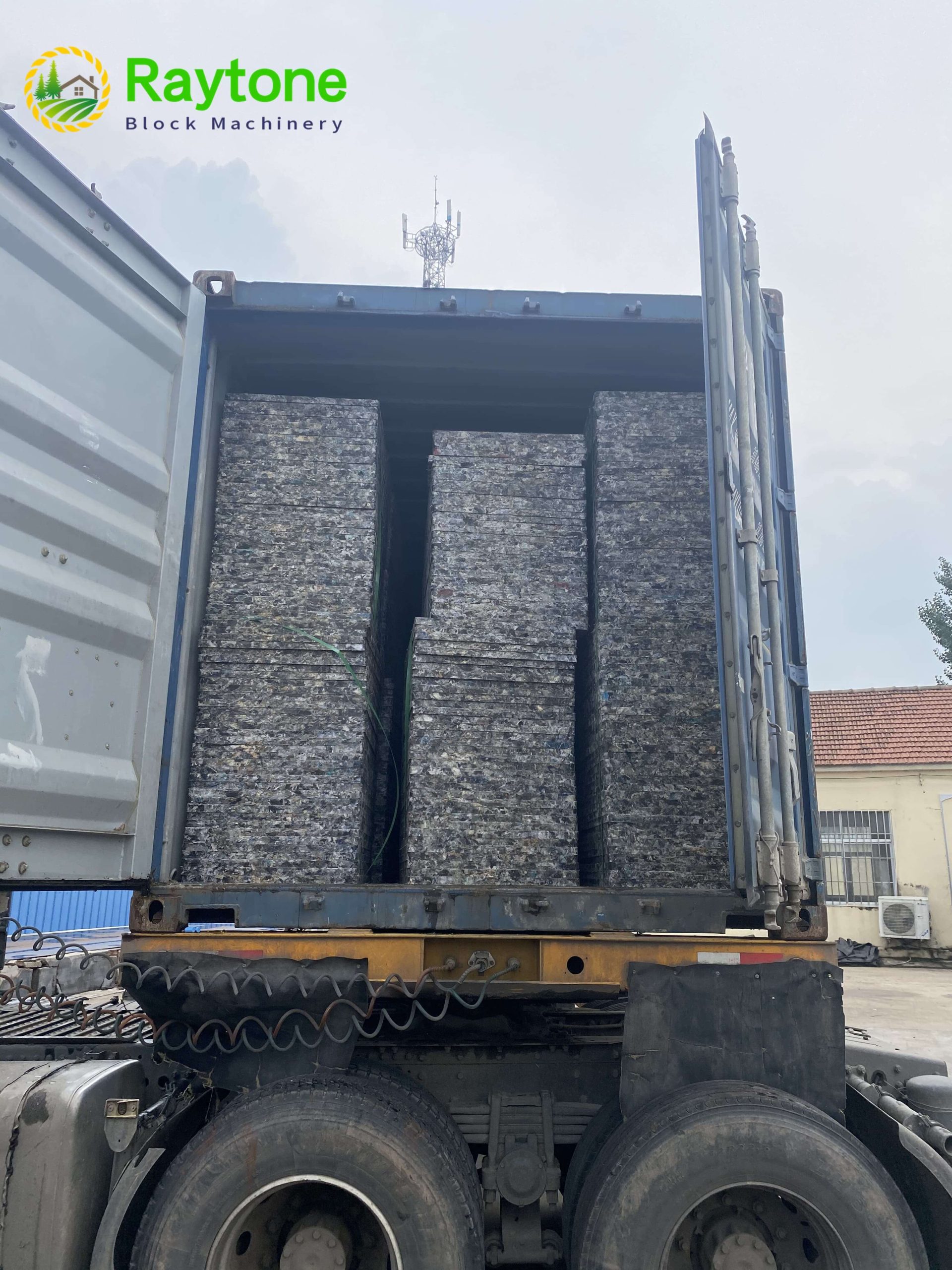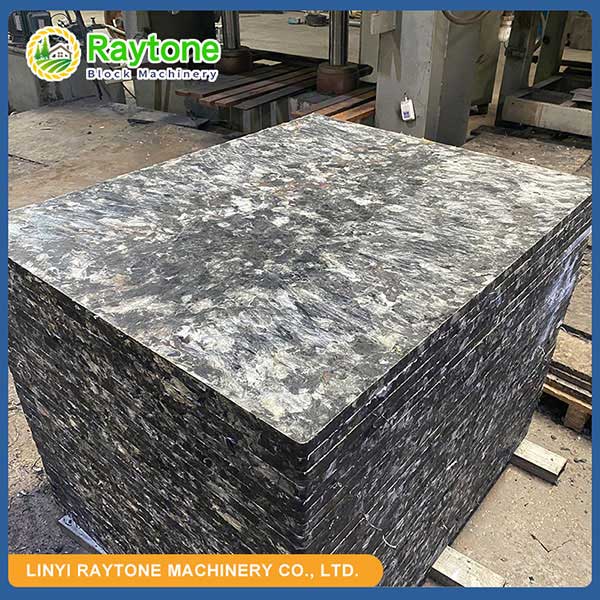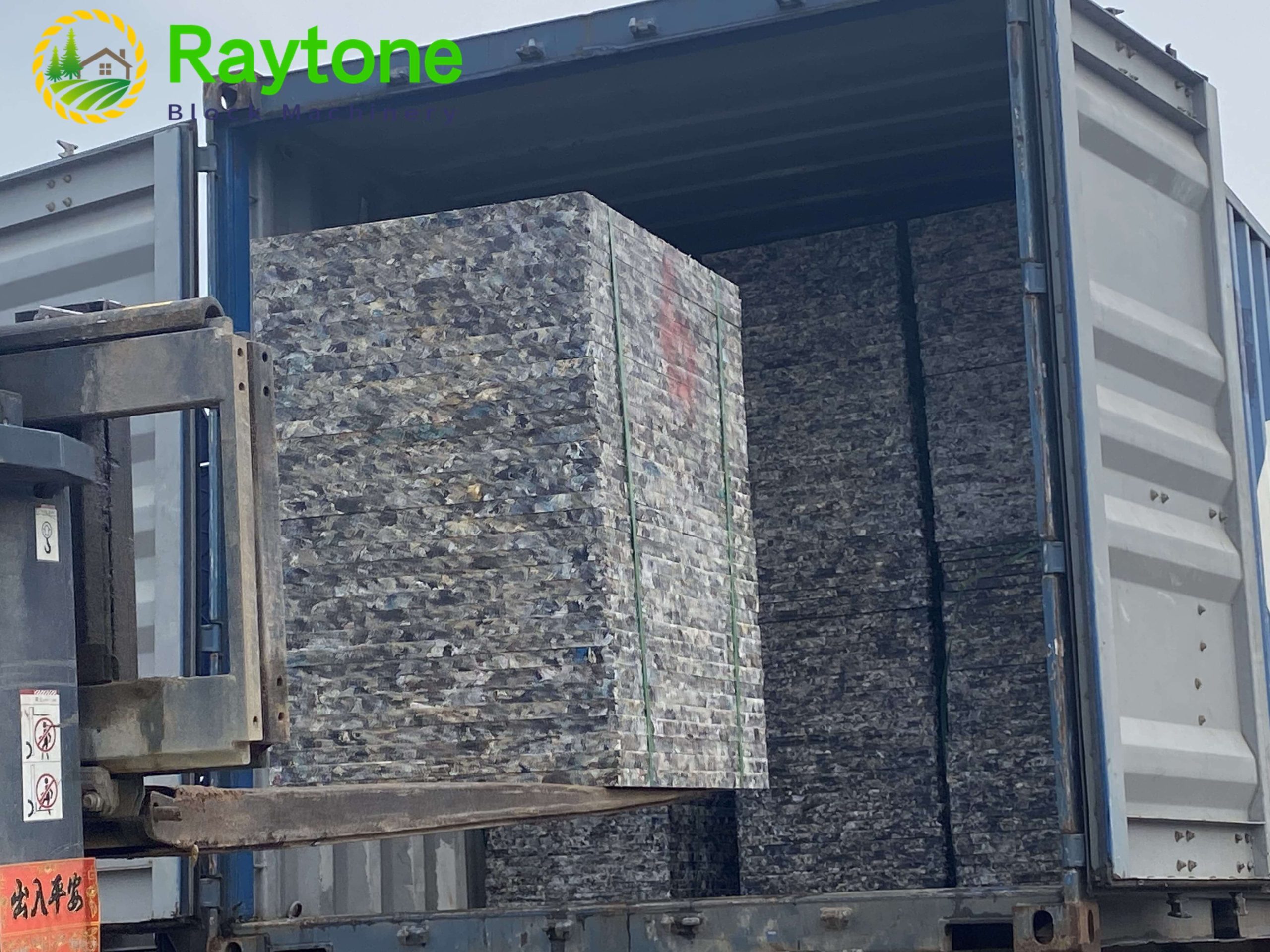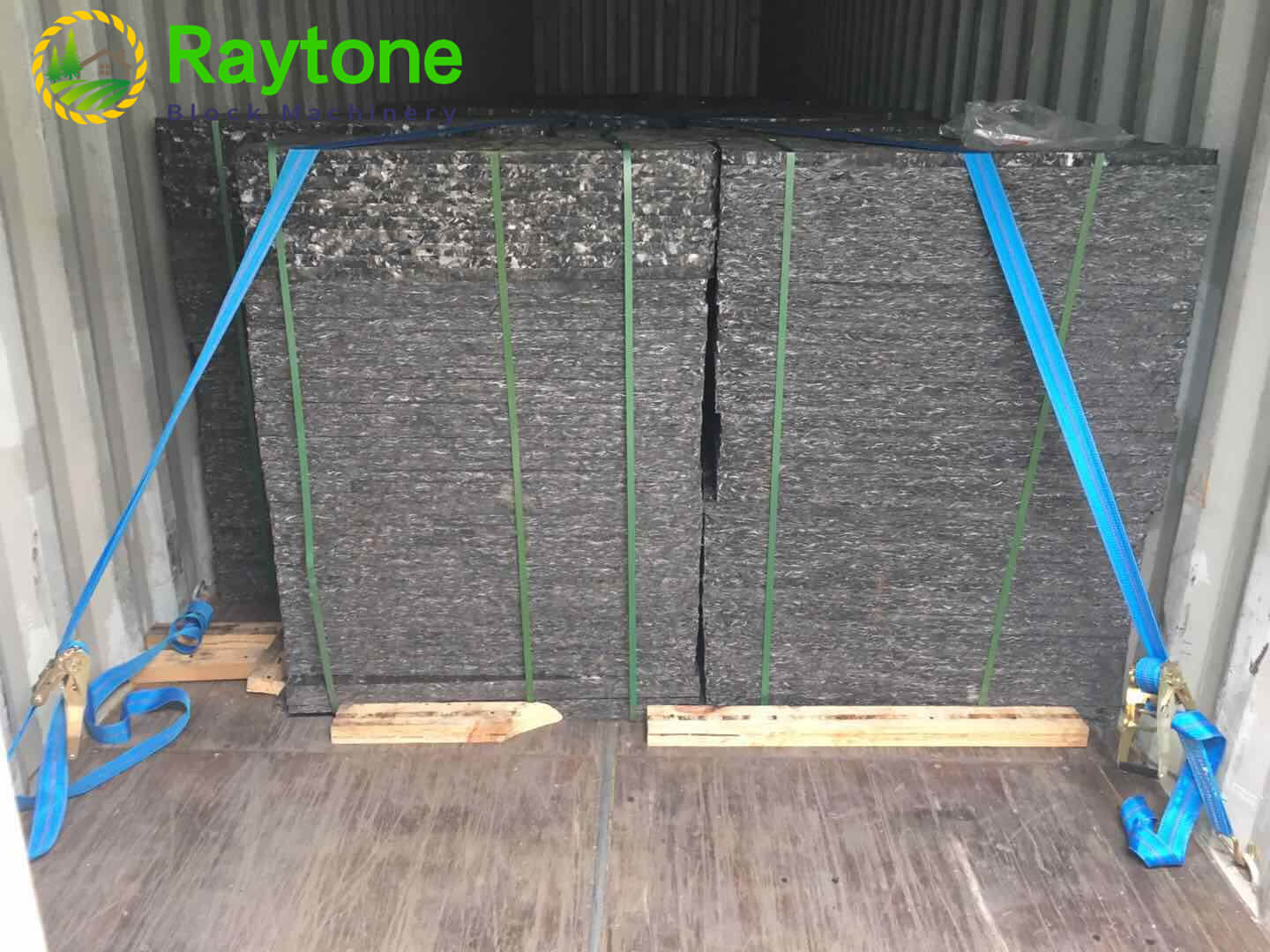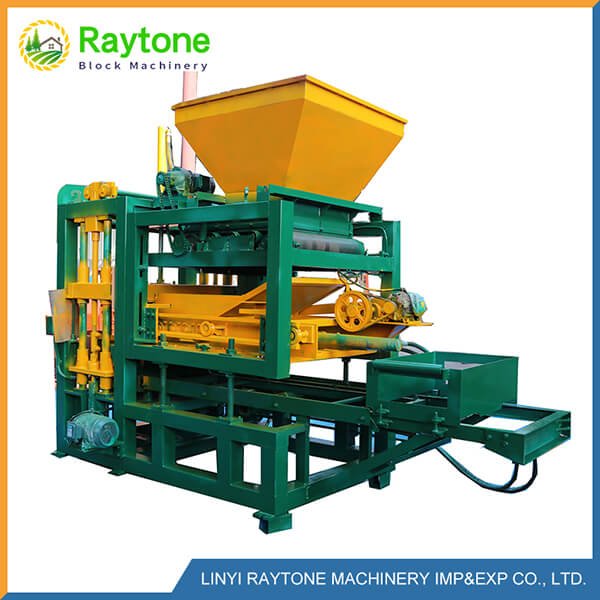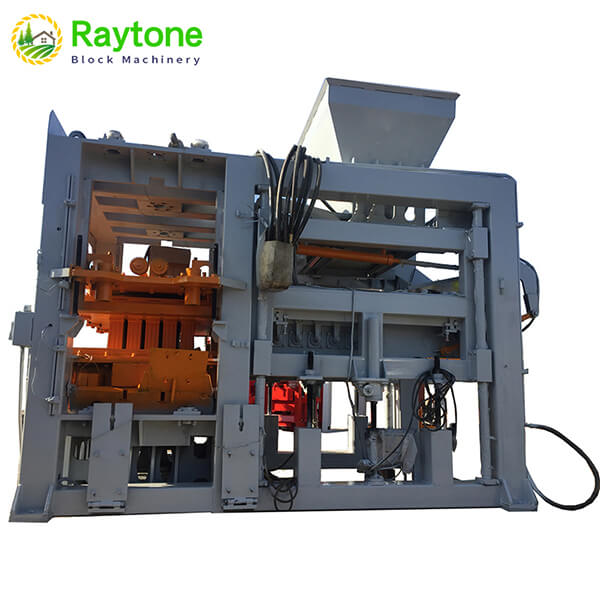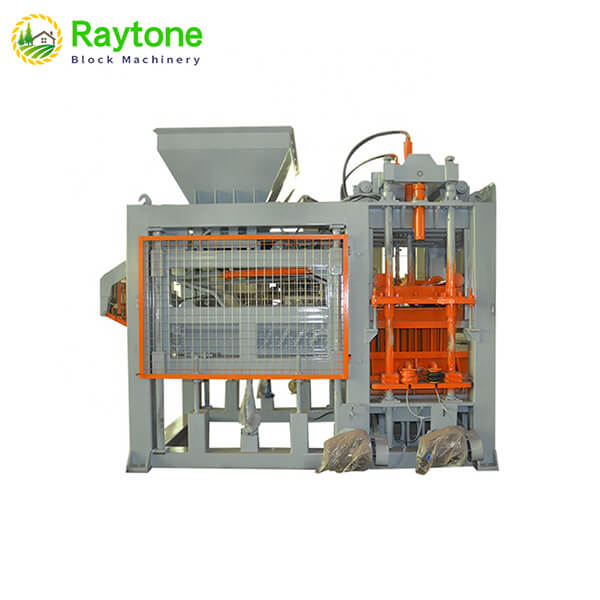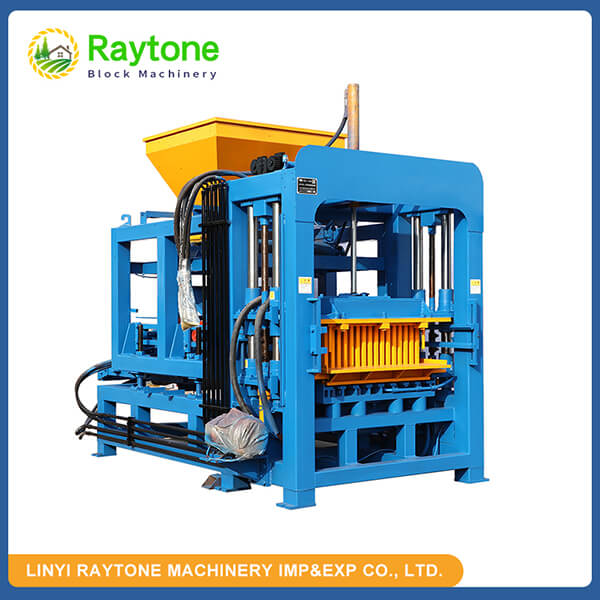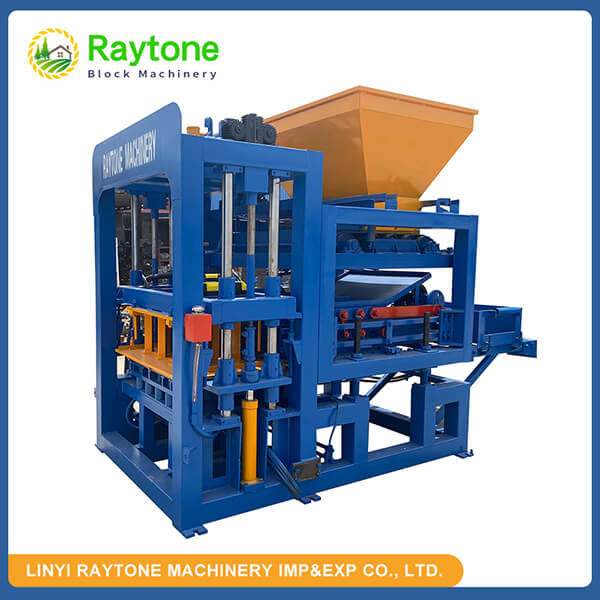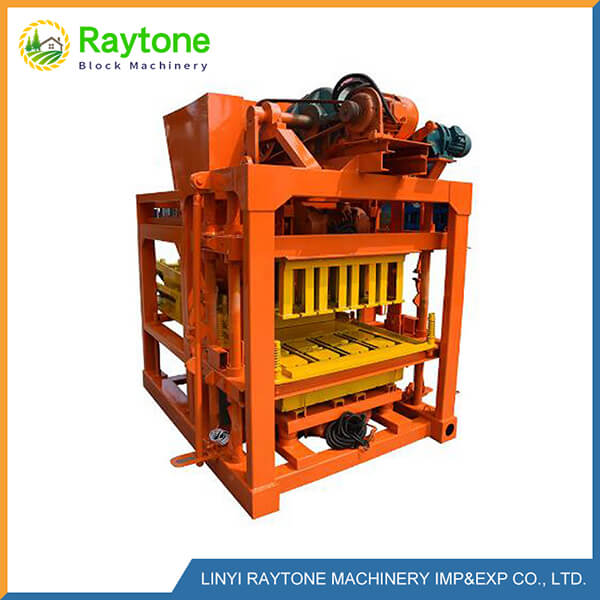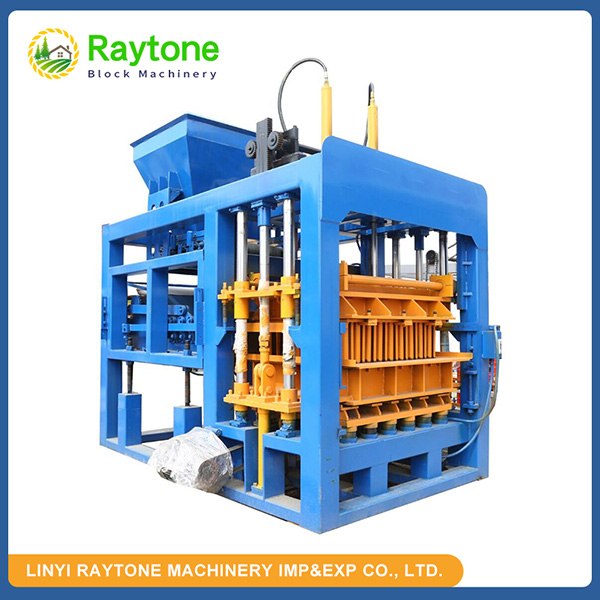Hollow block machines have seen a surge in demand across Africa and Southeast Asia due to rapid urbanization, infrastructure development, and the need for cost-effective construction solutions. These regions are experiencing unprecedented growth in housing and commercial projects, driving the need for efficient and affordable building materials. Hollow blocks, produced by these machines, offer excellent insulation, reduced material costs, and faster construction times. Additionally, the versatility of hollow blocks in various applications, from residential homes to industrial structures, has made them a preferred choice for builders and developers in these emerging markets.
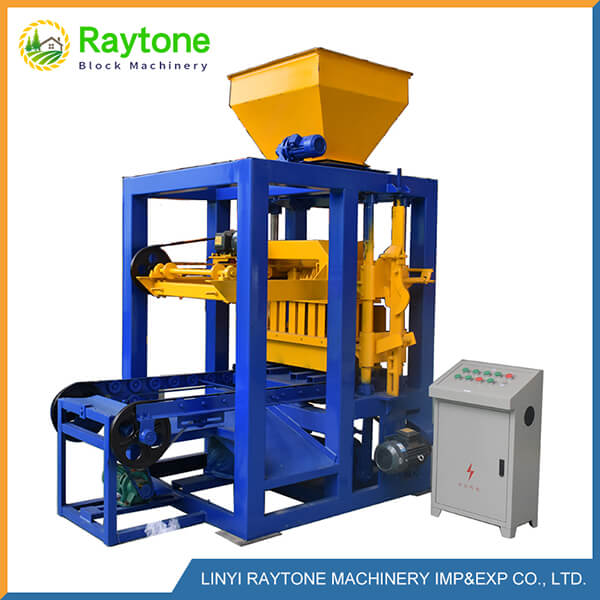
Economic Advantages of Hollow Block Machines
Cost-Effective Production
Hollow block machines provide notable economic benefits by enabling high-volume block production in a short time frame. Their efficiency reduces the reliance on manual labor, significantly lowering workforce expenses. Additionally, these machines often utilize locally sourced raw materials, which helps minimize procurement costs. This combination of faster output and reduced input expenses makes hollow blocks a highly cost-effective choice for construction projects, especially those with tight budgets or large-scale demands. Builders benefit from both financial savings and timely project completion.
Reduced Transportation Costs
The ability to produce hollow block machines directly on construction sites or nearby locations effectively eliminates the need for costly long-distance transportation of building materials. This not only lowers overall logistics expenses but also mitigates risks associated with delayed deliveries and material damage during transit. Furthermore, reducing transportation distances aligns with sustainability goals by cutting down carbon emissions related to freight. As environmental considerations gain importance globally, localized production becomes an appealing strategy for eco-conscious construction projects in developing regions.
Versatility in Block Production
Modern hollow block machines are engineered to manufacture a wide array of block sizes and shapes, offering significant flexibility to construction businesses. This adaptability enables firms to meet diverse architectural and structural requirements without needing to purchase multiple specialized machines. The capacity to quickly switch between different block types enhances operational efficiency and broadens market opportunities. Consequently, investing in a versatile hollow block machine provides companies with a competitive edge and ensures long-term value across varied construction applications.
Technological Advancements in Hollow Block Machine Design
Automation and Precision
Technological innovations have transformed hollow block machine design through advanced automation, ensuring that each block produced meets exact specifications. Automated controls minimize inconsistencies caused by manual operation, leading to higher product uniformity and superior quality. This precision reduces material waste and speeds up production cycles, benefiting large construction projects that require reliability and volume. As a result, automated hollow block machines have become indispensable tools in fast-growing urban development, where efficiency and consistency are critical for meeting tight construction deadlines.
Energy Efficiency
The latest hollow block machines emphasize energy-saving technologies to reduce power consumption while maintaining high production rates. Manufacturers such as Raytone Machinery have integrated smart systems that optimize motor usage and vibration frequencies, lowering electricity costs without sacrificing output quality. This energy-conscious design supports sustainable building initiatives by minimizing environmental impact. In regions like Africa and Southeast Asia, where energy resources may be limited or costly, energy-efficient machines provide a practical and eco-friendly solution that aligns with global trends toward greener construction practices.
User-Friendly Interfaces
Modern hollow block machines feature intuitive control panels and user interfaces designed to simplify operation. These user-friendly systems help operators, including those with limited technical experience, quickly learn and manage machine functions. Streamlined controls reduce errors and machine downtime, ensuring smoother production workflows. This accessibility is especially valuable in areas with limited skilled labor availability, enabling construction companies to effectively train local workers. Ultimately, easier operation enhances productivity and supports workforce development in emerging markets, making the technology more widely adoptable.
Environmental and Sustainability Factors
Eco-Friendly Construction Materials
Hollow blocks produced by these machines are increasingly recognized for their environmental benefits. The hollow design reduces the amount of concrete required, thereby lowering the overall carbon footprint of construction projects. This aligns with the growing focus on sustainable building practices in developing regions, where environmental concerns are becoming increasingly important in urban planning and development.
Waste Reduction and Recycling
Advanced hollow block machines are designed to minimize waste during the production process. Many models incorporate features that allow for the recycling of excess materials, further enhancing their environmental credentials. This aspect is particularly appealing in regions where resource conservation is a priority and waste management infrastructure may be limited.
Thermal Insulation Properties
The inherent thermal insulation properties of hollow blocks contribute to energy-efficient buildings. In the hot climates of many African and Southeast Asian countries, this translates to reduced cooling costs and improved living conditions. The long-term energy savings associated with buildings constructed using hollow blocks make them an attractive option for both residential and commercial projects in these regions.
Conclusion
The high demand for hollow block machines in Africa and Southeast Asia is driven by a combination of economic, technological, and environmental factors. These machines offer a cost-effective, versatile, and sustainable solution for the rapidly growing construction industries in these regions. As urbanization continues and the focus on sustainable development intensifies, the popularity of hollow block machines is likely to grow further, cementing their role as a crucial tool in modern construction practices across these emerging markets.
Contact Us
For high-quality hollow block machines that meet the demands of modern construction, look no further than Raytone Machinery. Our range of block-making solutions, including fully automatic and semi-automatic machines, are designed for optimal performance, reliability, and versatility. Experience the benefits of our cost-effective and innovative block machines in your construction projects. Contact us today at hazel@raytonechina.com to learn more about our products and how we can support your construction needs.
References
- African Development Bank Group. (2021). “Infrastructure and Urban Development in Africa: Challenges and Opportunities.”
- ASEAN Secretariat. (2020). “ASEAN Sustainable Urbanisation Strategy.”
3.World Bank. (2022). “Sustainable Cities and Communities in Developing Countries.”
- International Finance Corporation. (2021). “Green Buildings: A Finance and Policy Blueprint for Emerging Markets.”
- United Nations Human Settlements Programme. (2020). “Sustainable Building Materials in Africa and Asia.”
- Journal of Construction Engineering. (2022). “Advancements in Hollow Block Machine Technology: A Comparative Study.”


